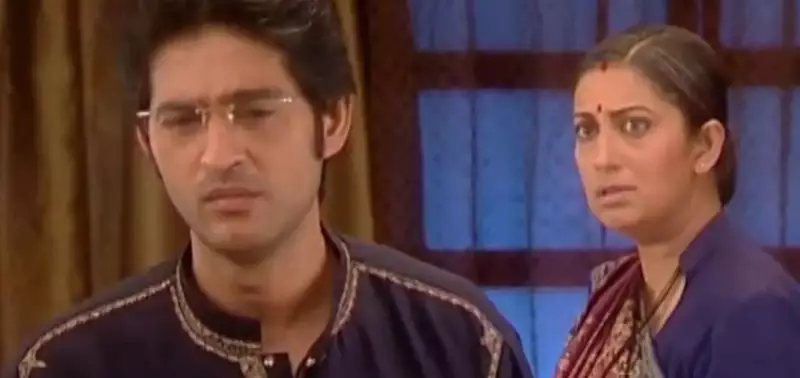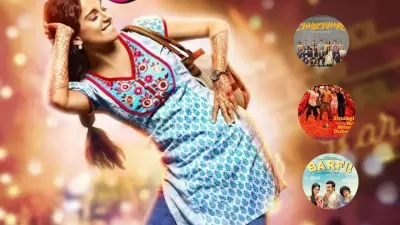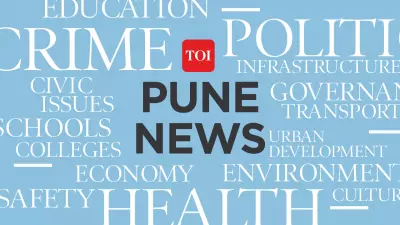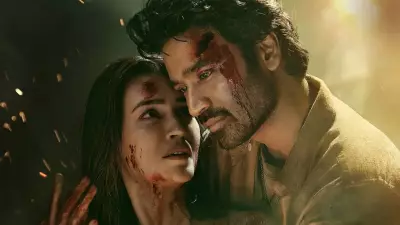
In a fascinating blend of pop culture nostalgia and serious development discourse, Microsoft co-founder Bill Gates recently shared a heartwarming moment with former actor and current Union Minister Smriti Irani. The interaction, which quickly went viral, saw Gates recalling Irani's iconic television role while discussing India's transformative journey.
When Tulsi Met Technology
The meeting between one of the world's most renowned tech pioneers and India's Minister for Women and Child Development took an unexpected turn when Gates revealed his familiarity with Indian television. "I remember you from Kyunki Saas Bhi Kabhi Bahu Thi," Gates told Irani, referring to her legendary portrayal of Tulsi Virani that captivated millions of Indian households for years.
This pop culture reference from the billionaire philanthropist created a unique bridge between India's entertainment history and its current development narrative. The moment highlighted how cultural icons can transcend boundaries and become part of global consciousness.
Beyond the Screen: Discussing Real Change
While the Tulsi reference provided the icebreaker, the conversation quickly pivoted to substantial issues facing India. The discussion covered:
- India's remarkable digital transformation journey
- Women-led development initiatives
- Healthcare advancements across the country
- Educational reforms and their impact
Gates, through his foundation, has been closely involved with several development projects in India, particularly in healthcare and sanitation. His recognition of Irani's television persona added a human touch to what would typically be a formal diplomatic interaction.
From Soap Opera to Social Change
Smriti Irani's journey from television superstar to political heavyweight represents a fascinating aspect of modern India's story. Her transition from playing one of Indian television's most beloved characters to shaping policies that affect millions of women and children showcases the evolving nature of public service and celebrity in India.
The meeting underscored how India's development story is being written by diverse voices – from tech billionaires recognizing cultural icons to former actors turned policymakers driving social change.
This interaction between Gates and Irani serves as a powerful reminder that development conversations need not always be sterile and formal. Sometimes, the most meaningful connections happen when we acknowledge the cultural touchpoints that shape our collective consciousness.





